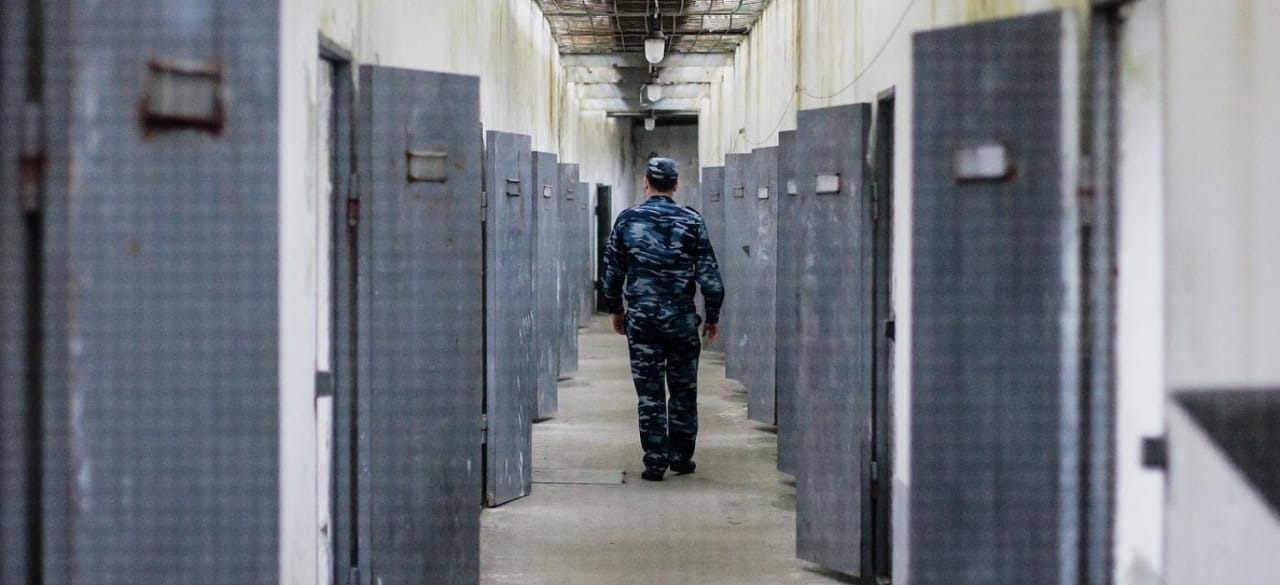
The tale of Valery Pshenichny: the 3D submarine modelling scientist found dead in prison after a business dispute
Businessman and scientist Valery Pshenichny died in mysterious circumstances in 2018 at a detention center where he was being held on charges of embezzling state funds linked to a defense contract. This week saw the start of a court hearing into his case. The Bell looked into his tragic story.
- Pshenichny’s NovIT Pro company worked on 3D modelling of nuclear submarines and its clients were state-owned enterprises in the defense sector. It was always a small player, but grew steadily: from being worth 25 million rubles in 2010 ($350,000 at the exchange rate of the time) to more than 200 million by 2016 ($2.7 million). Pshenichny ran the company with his son Denis, who is now living with his family as a political refugee in France.
- The Ministry of Defense signed a contract with the company in 2015 to create a 3D model of Varshavyanka class submarines. The following year, a further agreement was signed in the form of a subcontract with Admiralty Shipyards.
- Pshenichny first heard about the legal claims against him in January 2018. His son said he was in his underwear when police and investigators came to his apartment. He was questioned in the offices of Russia’s powerful Investigative Committee, where he saw his son for the last time.
- Pshenichny’s family insisted they were never given any details of the case. On Feb. 5 at about 7 p.m. his son read an online news report saying his father had been found hanged in a detention center. Officially, the death was recorded as suicide. But independent media outlet Novaya Gazeta later published details of a medical examination that revealed numerous cuts to his body, evidence of electric shocks and signs of repeated sexual assault.
- Details of the case emerged later. Pshenichny was arrested on suspicion of fraud relating to the Defense Ministry’s submarine order. Case materials shown to The Bell suggested this was based on claims made by Andrei Petrov, a former director of Pshenichny’s company.
- Pshenichny and Petrov were embroiled in a corporate conflict a year before the criminal case was opened, according to Pshenichy’s son and his lawyer. Pshenichny apparently found a hole in the accounts and ended up making a statement to the police about the theft of 33.5 million rubles. Petrov was arrested and criminal proceedings began — but the case was halted due to ‘sudden illness’. Nobody knows what happened next.
- Usually, business offenses should not mean pre-trial arrest. But — as soon as a business person is accused of fraud in Russia — he/she falls under the standard criminal code and becomes a swindler in the eyes of the law.
- Pshenichny’s case is known because of his brutal death in a prison cell. But there are thousands of similar cases — and numbers look set to rise. A government commission recently approved a draft law from the Ministry of Justice that lowers the threshold for law enforcement to hold businesses accountable for embezzling funds from state defense contracts.
Why the world should care
Business people of all sizes — from those listed on Forbes to owners of small businesses — often describe state contracts as ‘toxic’. For many, refusing to work with the state is the only unbreakable law of business. However, even turning down state contracts can be a risk.



